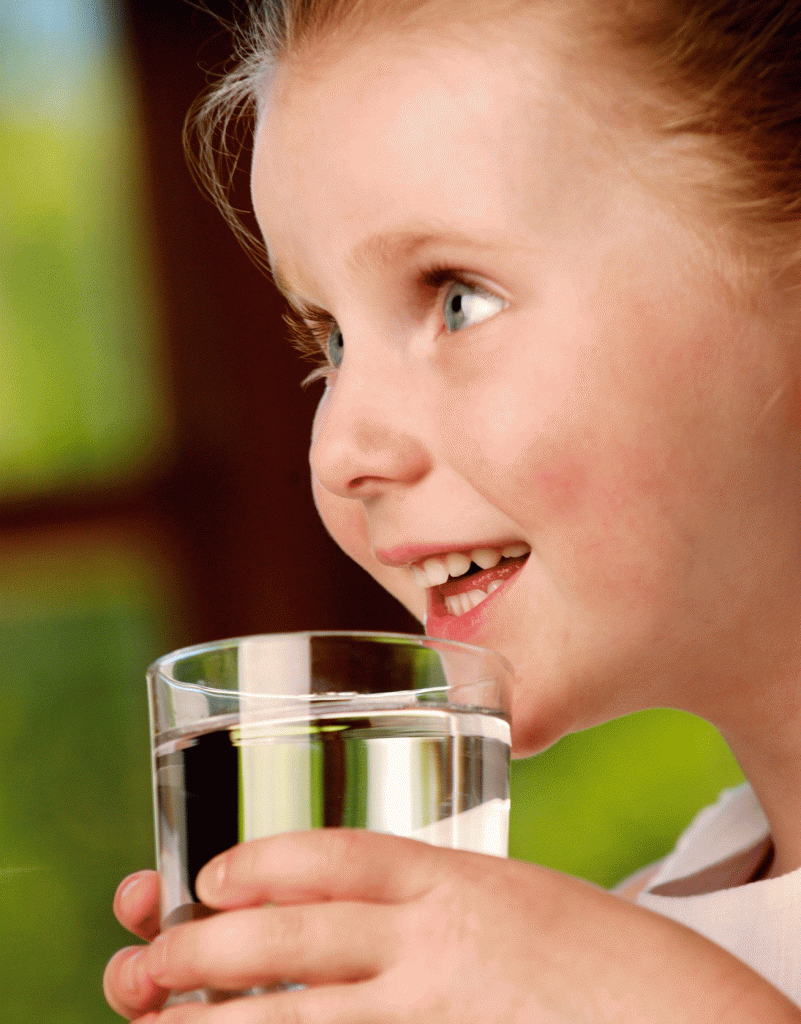
The human gut plays host to more microbes than any other part of the body, with an estimated ten million bacterial cells- and these are just the ones we know about so far. While it is commonly known that these bacteria help maintain our health by improving our digestion and absorption of food and by enhancing our immunity against infections, recent studies have also suggested that gastrointestinal bacteria may influence children’s behaviour.
Researchers from the Ohio State University studied microbes from the digestive tracts of toddlers aged between 18-27 months and found that an abundance and diversity of bacterial species is linked happy, sociable, curious and impulsive behaviours when compared with less variety and fewer numbers of bacterial species.
An interaction between intestinal bacteria and stress hormones is proposed to be the mechanism behind this. Through a complex network of nerves and tissues, the gut can communicate with the brain and influence its functions. This communication pathway is a two-way street and, conversely, the brain can influence digestive function.
What can we do to help our children grow healthy gut flora?
Firstly, say no to sugar!
And by sugar, I mean refined and processed foods. This includes canned foods, breakfast cereals, baked goods, desserts, sweetened dairy products, condiments, fruit flavoured beverages, lollies and fast food items. Instead, shift your child’s diet to include less processed and more complex sources of carbohydrates. Incorporate whole grains, lean proteins and let them enjoy liberal amounts of fruit and vegetables.
How they eat is just as important.
Have your child do their part to take some of the burden off their digestive tract;
- Encourage your child to sit down and relax when eating, and avoid doing so at moments of stress.
- Encourage children to chew their food thoroughly- digestion begins in the mouth.
Avoid unnecessary use of antibiotics.
Antibiotic treatment dramatically destroys the microbial balance within the gut, so keep use of these to a minimum.
Nourish their intestinal bacteria.
Invest in good quality probiotics and prebiotics. Probiotic supplements inhibit harmful pathogens from thriving and can help maintain microbial balance within the digestive tract. Alternatively, prebiotics are beneficial foods that stimulate growth of the beneficial gut bacteria. Prebiotics are health supporting and have been found to increase numbers of lactobacilli and bifidobacteria whilst decreasing counts of potential harmful bacteria. Prebiotic food sources include whole grain foods, fermented vegetables, chicory, artichokes, garlic, onion, banana and leeks.


